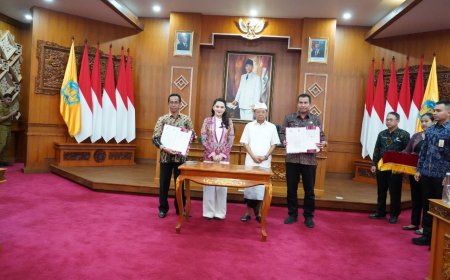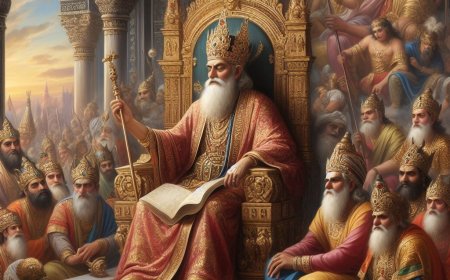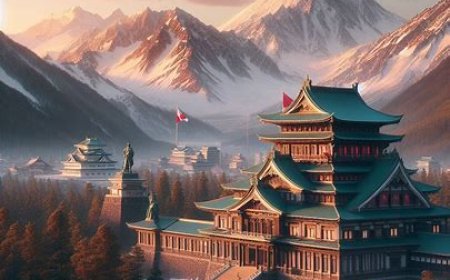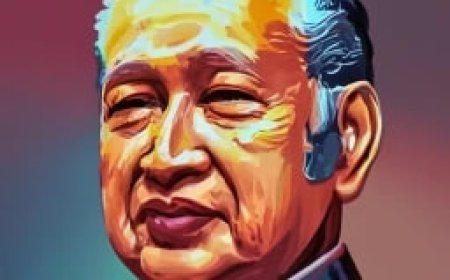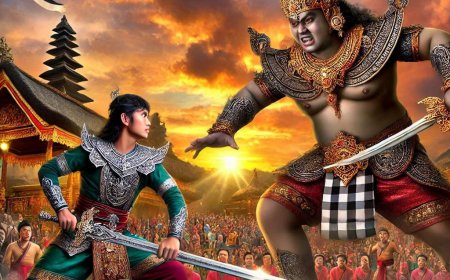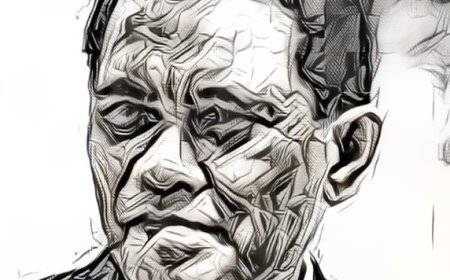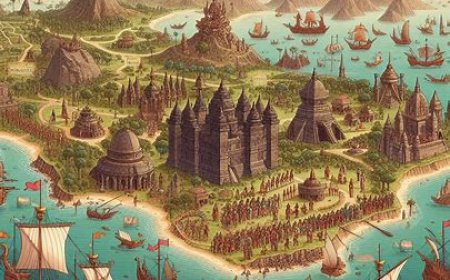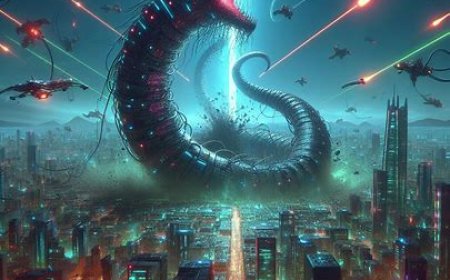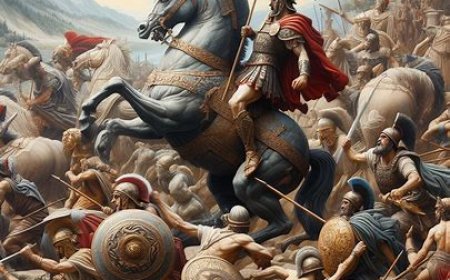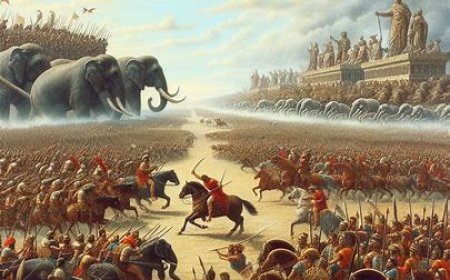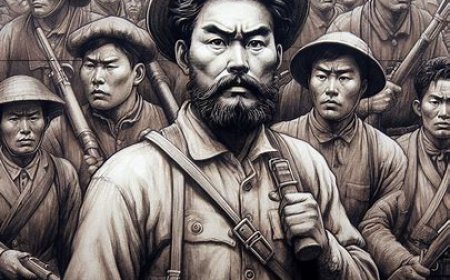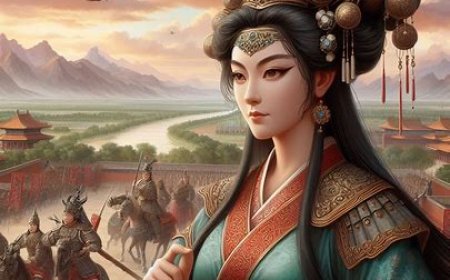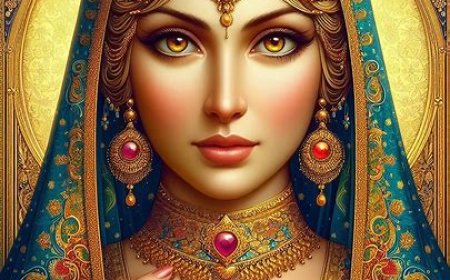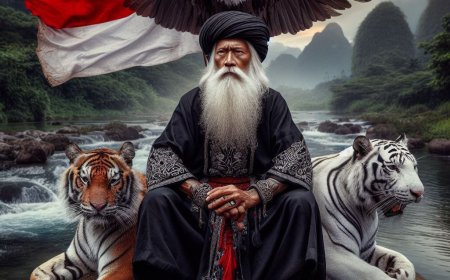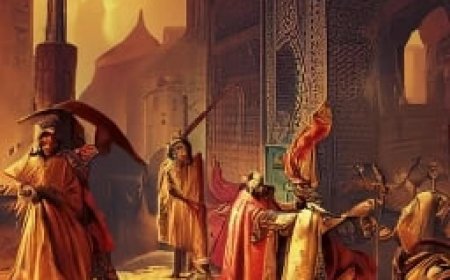Beyond Time: The Meiji Revolution and the New Dawn of Japan
The Meiji reforms involved a series of changes that included modernizing the government, economy, military, and education. In the field of government, central power was strengthened by adopting the Western government model, including the establishment of a parliamentary system. In the economic sector, feudal monopoly policies were abolished, and Japan shifted to a capitalist economic model that supported industrialization. Military modernization occurred with the adoption of Western technology and strategies.
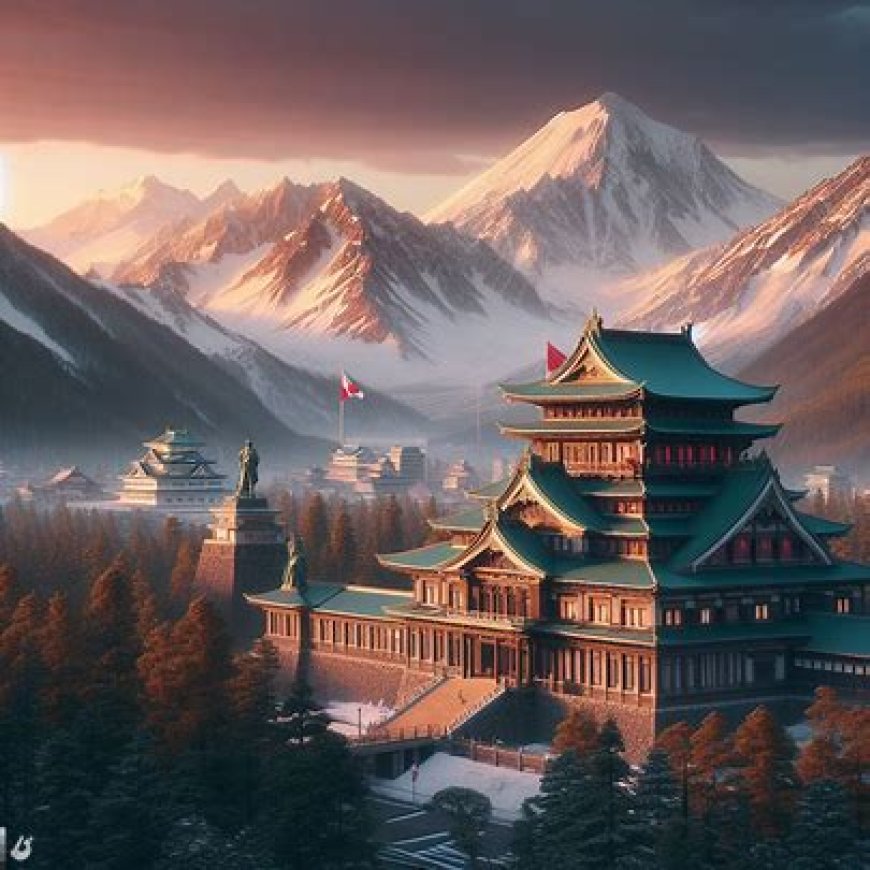
The Meiji Revolution, which began in 1868 in Japan, was a significant period in the country's history that changed its political, economic, social, and cultural foundations. This revolution began with the Meiji Restoration, which ended the rule of the Tokugawa shoguns and returned power to the Meiji Emperor, who became a new symbol of national unity. One of the main goals of the Meiji Revolution was to overcome Japan's technological and military backwardness, which became apparent when the country faced the threat of Western imperialism.
The Meiji reforms involved a series of changes that included modernizing the government, economy, military, and education. In the field of government, central power was strengthened by adopting the Western government model, including the establishment of a parliamentary system. In the economic sector, feudal monopoly policies were abolished, and Japan shifted to a capitalist economic model that supported industrialization. Military modernization occurred with the adoption of Western technology and strategies.
Apart from that, the Meiji Revolution also included social and cultural transformation. The samurai class system was abolished, and Japanese society underwent dramatic changes with the emergence of a new middle class. Modern education was introduced with the establishment of an education system that included elementary schools to universities. Japanese society is expected to adopt modern values and follow developments in science.
The Meiji Reforms were a series of important events that occurred in Japan during the Meiji Restoration period (1868-1912). Here are some key events in the Meiji Reform:
1. Emperor Meiji's Restoration (1868): After decades of shogunate rule, Emperor Meiji took power, ending the shogunate period and starting a new era in Japan.
2. Abolition of the Tokugawa shogunate (1868): Shogun Tokugawa Yoshinobu resigned, ending the reign of the Tokugawa shogunate which had lasted for more than two and a half centuries.
3. Treaty of Kanagawa (1854): Commodore Matthew Perry's signing of this treaty with the United States under military threat opened Japanese ports, marking the end of Japan's isolation.
4. Establishment of Central Government (1868): A strong central government was established with Emperor Meiji as the symbol of power, while effective power was in the hands of trained government officials.
5. Meiji Constitution (1889): Adoption of the Meiji Constitution, which became the basis for Japan's constitutional political system. This constitution provided citizens with basic rights, but power remained centralized in the emperor.
6. Military Modernization (1870s): Modernization of the Japanese armed forces by adopting Western military technology and strategies. The Navy and Army were strengthened to face potential threats from Western countries.
7. Agricultural Reform (1870s): Reform of the agricultural system to increase productivity and reduce inequality in land ownership.
8. Infrastructure Development (1870s): Massive investment in infrastructure development such as railroad networks, roads, and telegraphs to support economic growth.
9. Modern Education (1870s): Establishment of a modern education system covering elementary school through college, with an emphasis on science and Western values.
10. Social and Cultural Changes (1870s): Abolition of the samurai caste system, equalization of social rights, and adoption of Western culture in some aspects of daily life.
11. Sino-Japanese War (1894-1895): Japan won the Sino-Japanese War, demonstrating renewed military strength and propelling Japan to become a regional power.
12. Russo-Japanese War (1904-1905): Japan's victory in the Russo-Japanese War enhanced its reputation as a serious military power and gained several new territories.
The Meiji Reforms brought Japan into the modern era, allowing it to develop into a powerful industrial nation and become one of the major powers in Asia in the 20th century.
The Meiji Revolution succeeded in transforming Japan from an isolated feudal state into a modern power capable of competing with Western countries. The results of this revolution included the establishment of a powerful industry, technological advances, and imperialist policies that led to the expansion of Japan's territory. The Meiji Revolution not only changed Japan's political and economic structure, but also formed the basis for Japan as a major power in Asia in the 20th century.
(source: chatgpt)
What's Your Reaction?








